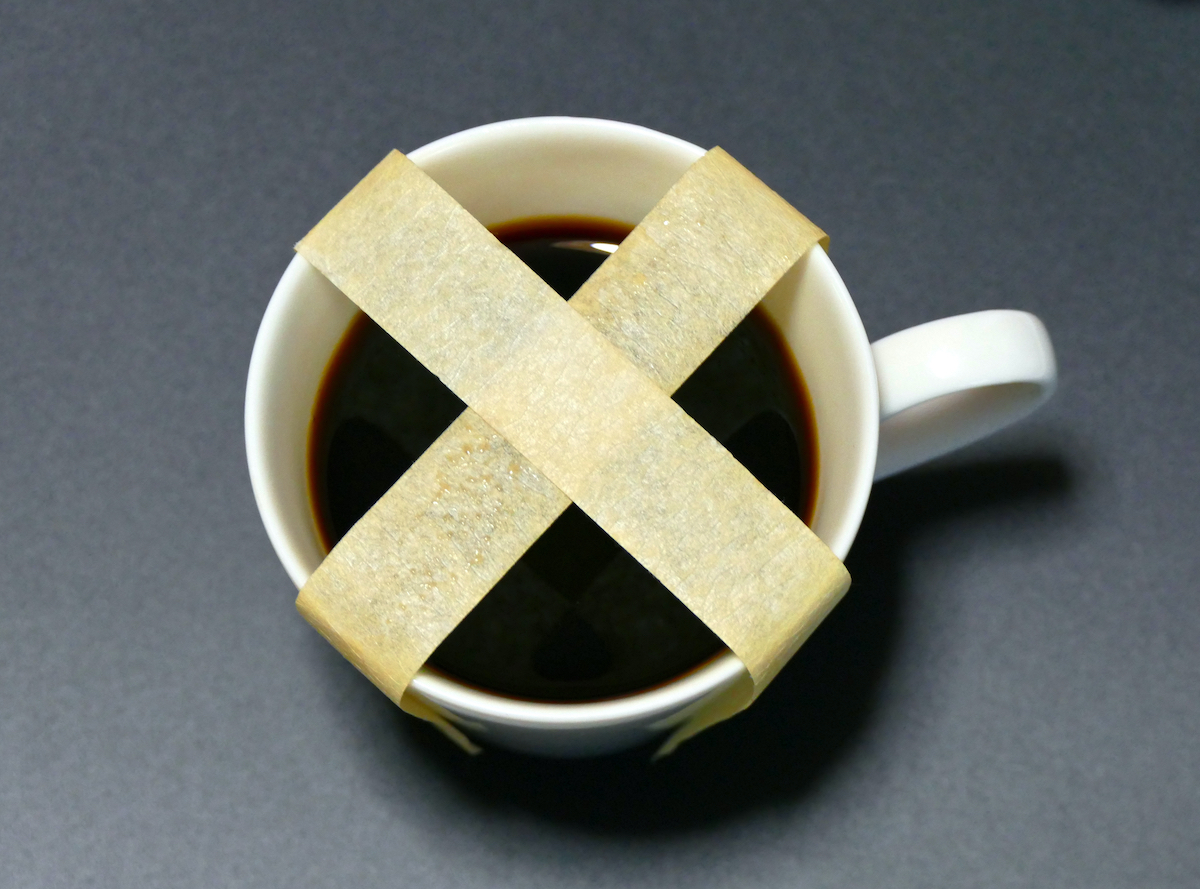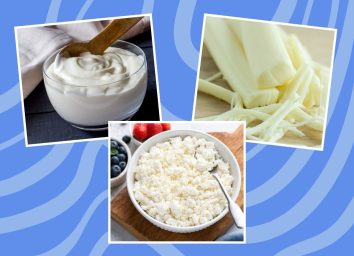The Single Worst Way to Quit Drinking Coffee, Say Experts

Being a responsible coffee drinker comes with plenty of health benefits, which range from elevated energy levels to improved athletic performance and a lower risk of some diseases. (Pair your coffee with tea, and new research indicates that you may, in fact, add years to your life.) But if you're routinely drinking coffee in excess—regularly having more than four cups or 400 mg of caffeine per day, according to the Mayo Clinic—it could be a good idea to kick the habit entirely. The question remains: What's the best way to quit drinking coffee?
Leading health experts say that the single worst way you can cut your coffee habit out of your life is to do so drastically and immediately. In other words: going cold turkey. "Don't make the mistake of stopping totally," say the experts at The Cleveland Clinic. "You'll likely experience withdrawal symptoms and go back to drinking coffee or soda or taking a headache medication with caffeine in it to make the symptoms disappear. This starts the dependency cycle all over again." (For more, read up on The Most Dangerous Way to Drink Your Coffee, According to Science.)
Don't think that caffeine withdrawal is easy. According to a report in the Journal of Caffeine Research, a large number of people continue to consume caffeine simply to avoid the symptoms, which include headaches, a lack of energy, nausea, irritability, and greater difficulty concentrating. "Avoiding the withdrawal symptoms is one of the most common reasons why people continue their caffeine habit," reports the Cleveland Clinic.
The greater the amount of coffee you consume daily, the more profound you can expect to experience those symptoms, which usually kick in roughly 12 to 24 hours after your last cup of Joe. According to the Cleveland Clinic, those symptoms can linger from anywhere between two and nine days.
If you believe Reddit, however, that time frame is unrealistic. One user, Thehealthygamer, says it took them roughly seven to ten weeks to feel "mostly normal" after they quit drinking coffee. "Caffeine should be given the same level of consideration that we give 'harder' substances like amphetamines, modafinil, and other 'drugs,'" they write. "The ubiquitous nature of caffeine in our culture has given us the false impression that it's a harmless drug. It is not. It is powerful and potent and can wreak havoc in our lives if it's not respected, understood, and used responsibly."
If you're looking to put coffee in the rearview mirror, the Cleveland Clinic advises you to slow your consumption bit-by-bit every day until you hit zero:
"To successfully reduce your caffeine intake, gradually reduce the amount of coffee, tea, soda and energy drinks you have each day. If you are a coffee drinker, gradually switch from regular coffee to decaf. First alternate between decaf and regular, then slowly change to more decaf and taper off regular coffee. Gradually reducing your caffeine consumption over a period of two to three weeks will help you successfully change your habit without causing withdrawal symptoms."
For what it's worth, Thehealthygamer would agree. "To anyone who takes caffeine regularly I would recommend a 60-day detox," they write. "Spend the first 30 weaning yourself down (cut your intake in half each week) and the next 30 cold-turkey. I'm not advocating that everyone drop caffeine forever. I think there are very valuable lessons to be learned from getting off of caffeine. After you've spent 30 days caffeine-free you can make a more educated decision on whether you want to get back on, what dose, and timing."
For more advice on drinking coffee responsibly, make sure you're aware of The Dangerous Side Effects of Drinking Coffee, According to Experts.








